TABU
The Tolaj money snail
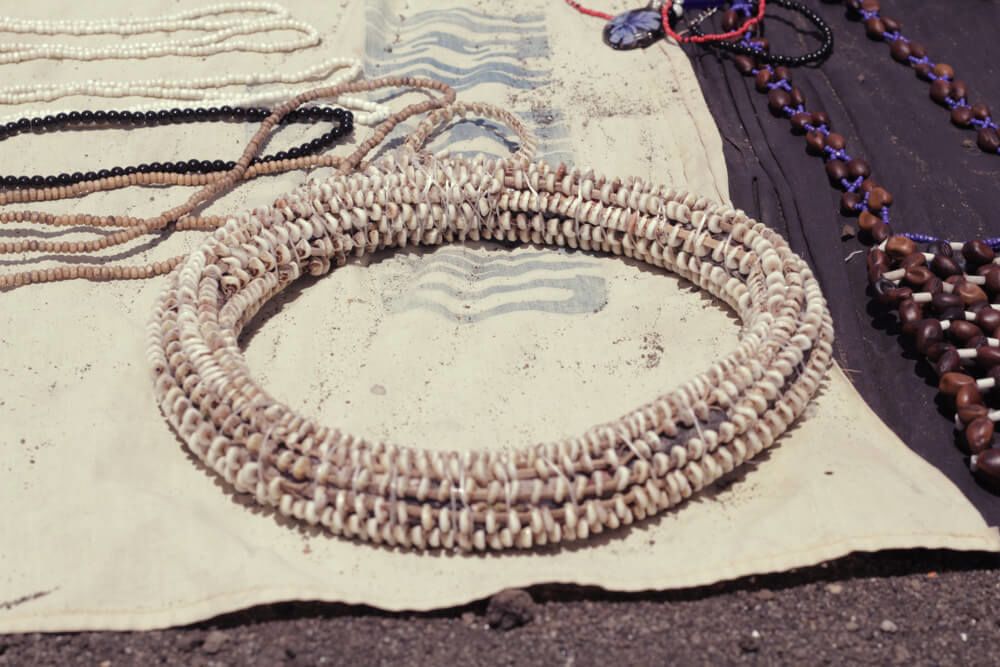
Money snails, which you can collect yourself on the beach, as money? And when you learn that you can even pay taxes with it, Tolaj's taboos are completely confusing.
Professor Heinzpeter Znoj of the University of Bern has developed a model that puts these archaic means of payment into a comprehensible perspective.
The model of Prof. Hp. Znoj is based on three pillars:
- There are two different modes of exchange: Znoj speaks of liquidating and non-liquidating modes.
- There are different interpretations of debt. Znoj speaks of debt as obligation and debt as burden.
- The concept of social time: according to Znoj, the mode of exchange determines the rhythm of social time, i.e. time that members of a community or society spend together.
The distinction between liquidating and non-liquidating forms of exchange is based on the qualitative study of exchange relations. This contrasts with the view of classical and neoclassical economics, which reduces the concept of economy to the quantifiable.
A liquidating exchange is the detachment of the exchange from the personal relationship of the exchangers. The goods are assigned a value in the form of the price, regardless of who exchanges them. No further obligation arises to either of them from the exchange. The two are even after payment. Such liquidating transactions are routinely possible only under monetary conditions. We understand today's exchange as liquidating. After payment has been made, the parties no longer owe each other anything. They do not have to know each other.
Non-liquidating exchange is possible when the exchange partners jointly assess what is appropriate; because the counter-gift is always equated to the gift differently depending on the situation. A retaliation is a retaliation because the exchange partners declare it to be a retaliation. There is no objective value. The non-liquidating exchange is still known today, for example, among friends.
Depending on which exchange mode predominates, the perception of debt changes. Debt whose continuation is desired by all and which therefore should not be liquidated is perceived as an obligation in the positive sense. Debt which is burdensome for at least one side and which should therefore be liquidated means a burden. In the money economy, this type of debt predominates in the form of credit.
The larger the proportion of the non-liquidating mode, the slower the rhythm of social time. The larger the proportion of the liquidating mode, the faster the rhythm of social time. Debts are paid as quickly as possible.
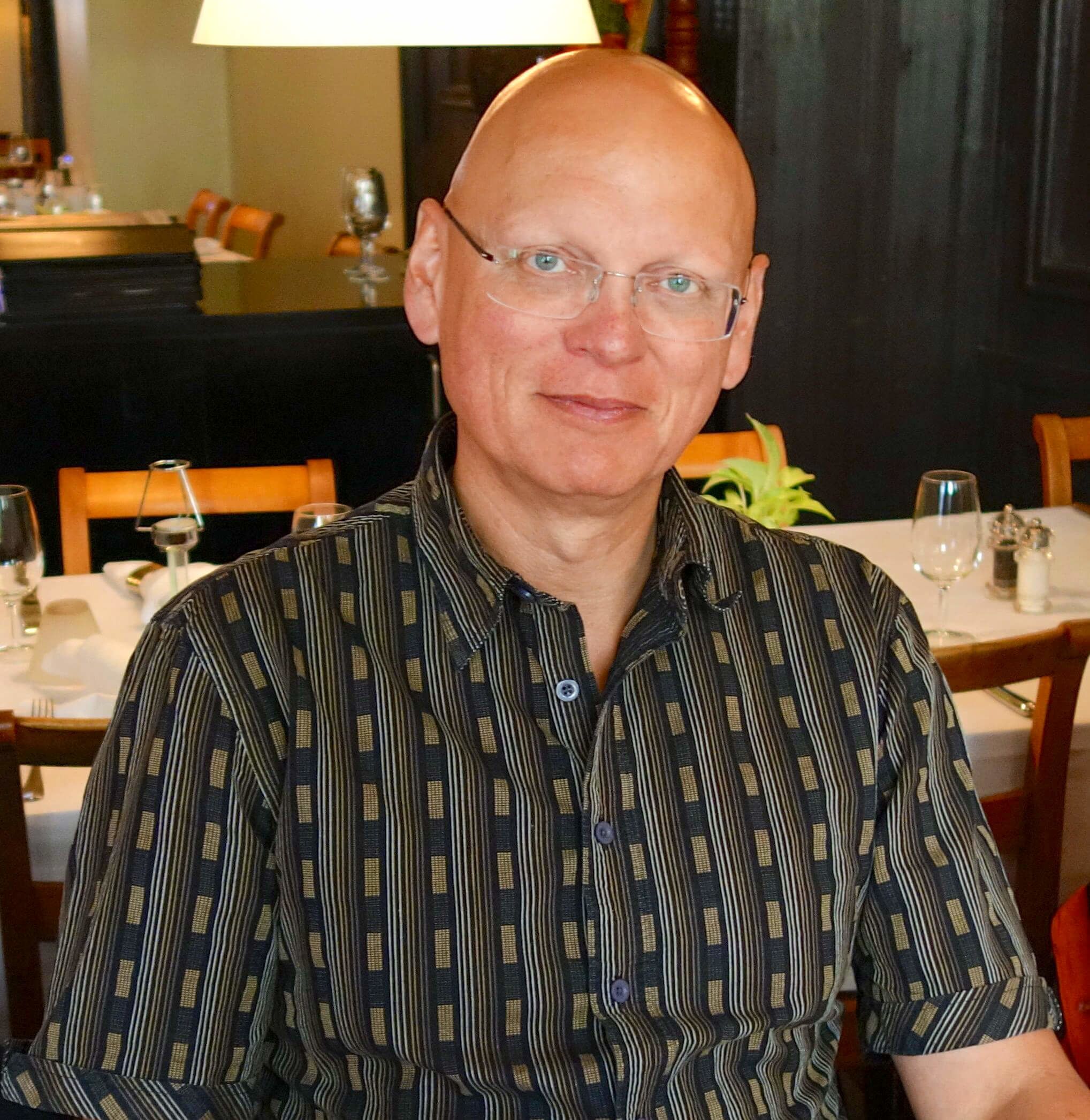
Heinzpeter Znoj, Professor of Social Anthropology at the University of Bern researches kinship and gender anthropology. He conducted field research mainly in Central Sumatra and West Papua.
Heinzpeter Znoj, Professor of Social Anthropology at the University of Bern researches kinship and gender anthropology. He conducted field research mainly in Central Sumatra and West Papua.
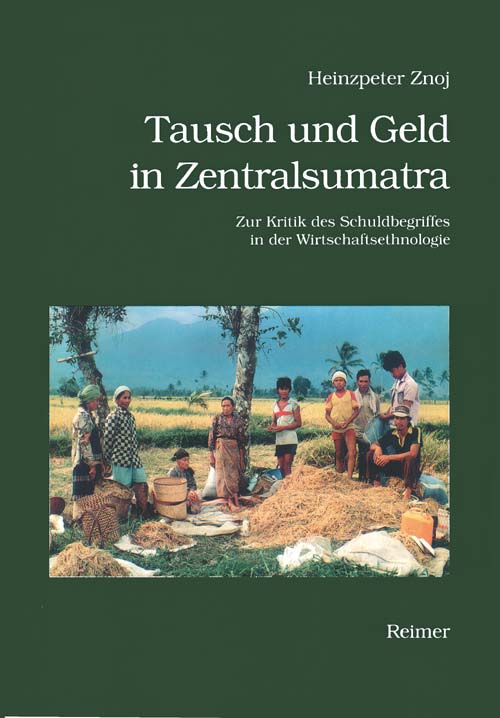
Prof. Znoj developed a model to identify and address conflicts arising from the coexistence of paid and unpaid work in projects at an early stage.
He is working on an English updated version.
Prof. Znoj developed a model to identify and address conflicts arising from the coexistence of paid and unpaid work in projects at an early stage.
He is working on an English updated version.
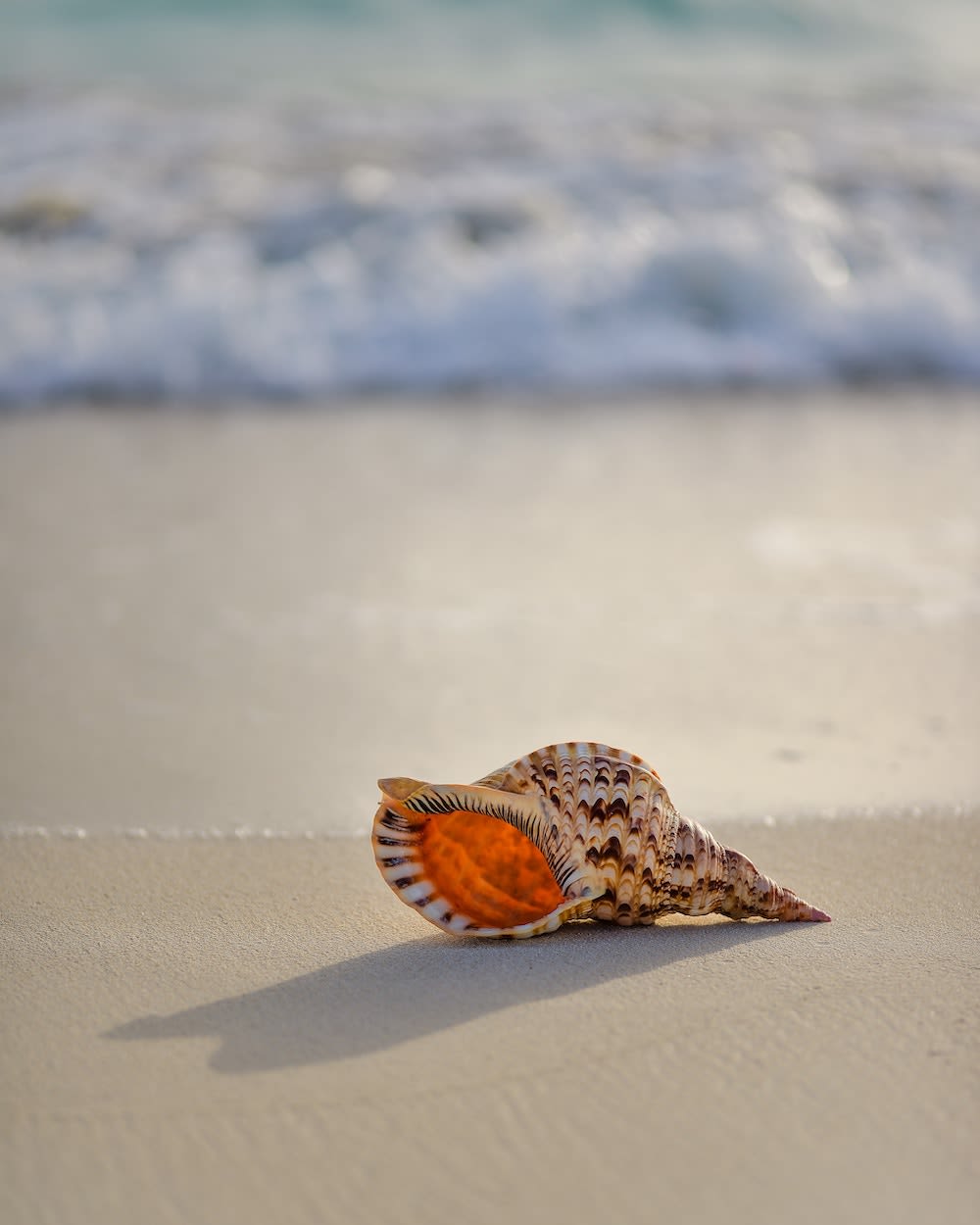
To make Tabu, Nassa snails living in the sea must first be collected or pulled out of the sea with nets. The snails are dried in the sun, their shells ground into slices about the size of a fingernail, and finally threaded onto rattan strips.
To make Tabu, Nassa snails living in the sea must first be collected or pulled out of the sea with nets. The snails are dried in the sun, their shells ground into slices about the size of a fingernail, and finally threaded onto rattan strips.
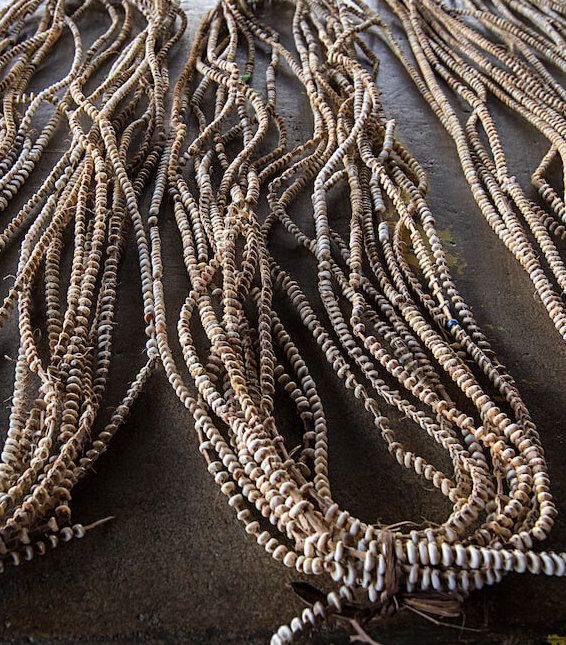
A chain extending from fingertip to fingertip between two outstretched arms is called pokono and consists of 300 to 400 snails.
A chain extending from fingertip to fingertip between two outstretched arms is called pokono and consists of 300 to 400 snails.
Tabu - the shell money of the Tolai is an example of non-liquidating exchange.
Today, about 100,000 people who call themselves Tolai still live on the island of New Britain, which is now part of Papua New Guinea.
The global interest in Tabu is strong. The Kultur- und Stadthistorisches Museum Duisburg has made an exhibition about it, and several books have been published about it.
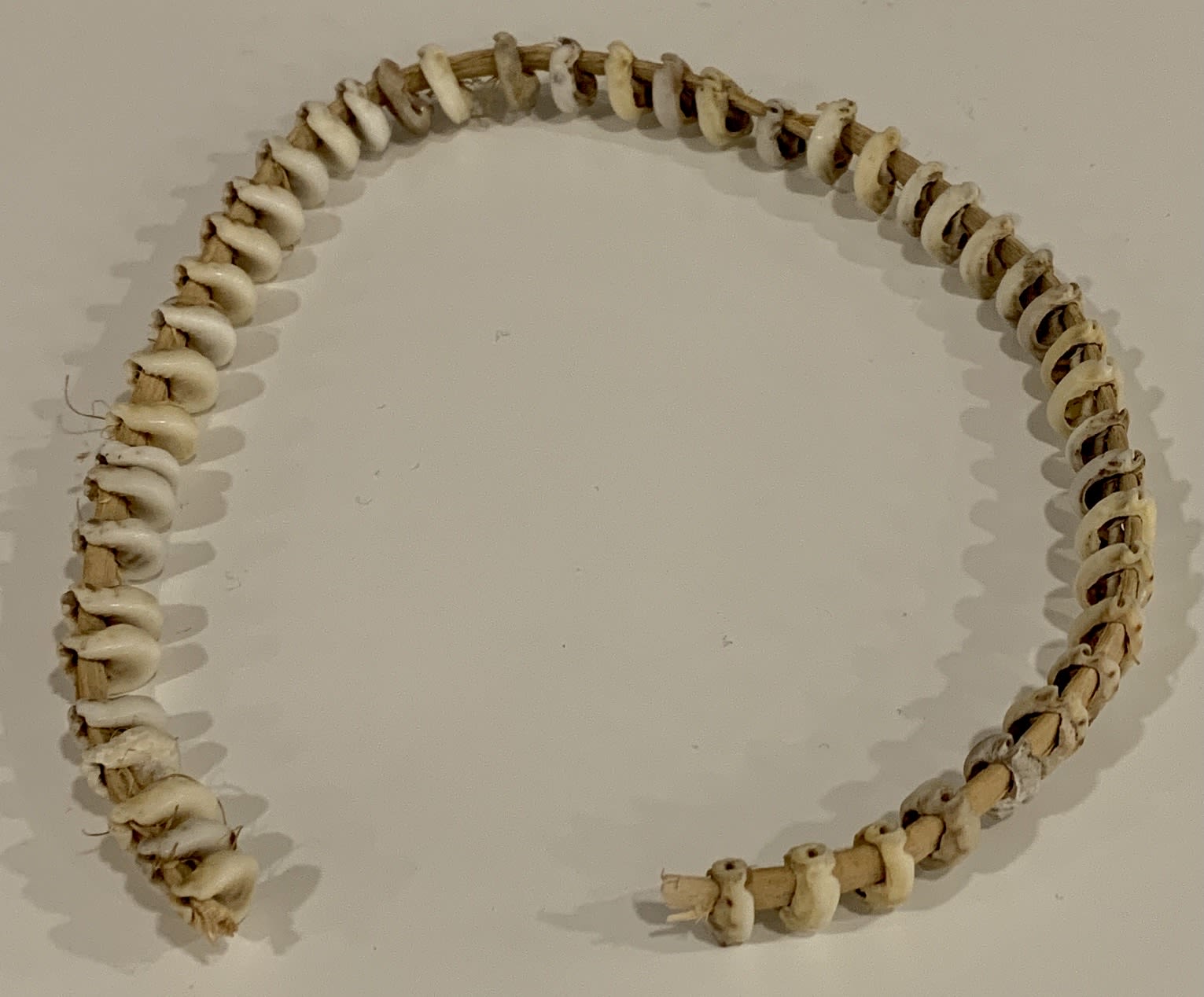
Ein kleiner Zwischenraum soll zwischen den Schneckenscheiben verbleiben, um später das Zählen zu erleichtern.
Ein kleiner Zwischenraum soll zwischen den Schneckenscheiben verbleiben, um später das Zählen zu erleichtern.
The fact that tabu is considered valuable is mainly due to the fact that its production is laborious and time-consuming. In addition, production used to have to be permitted by a local leader - this prevented overproduction and the associated inflation.
One reckoned with two to three months of working time for the production of a good two meters long shell chain. As a bridal gift, the woman's family had to be presented with between 2000 and 3000 pokonos, i.e. 20 to 30 gogo.
While smaller sections of the money were used for everyday transactions, the Tolai saved their pokonos by tying between 50 and 200 of these "threads" into hoops about a meter in diameter and wrapping them with leaves. These hoops are called loloi.
Since 2002, tabu has been promoted as a regional complementary currency in the province of East New Britain; one can pay income tax in tabu there.
Since the natural supply of Nassa snails in the region is almost exhausted due to the high demand in the past, the modern tabu is mostly imported from the Solomon Islands. At the "Tolai Exchange Bank", the world's first snail money bank, the local currency Kina can be exchanged for Tabu.
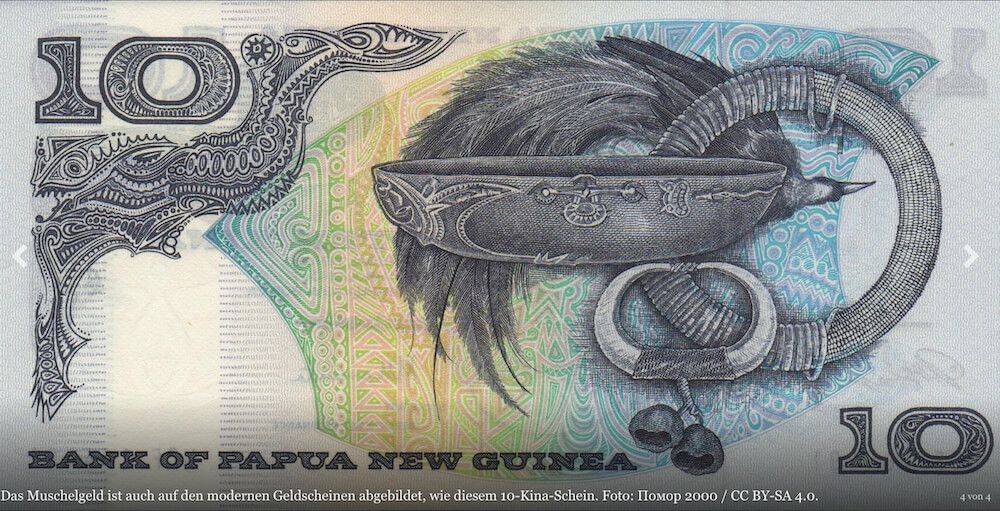
10-Kina-Schein: Das Muschelgeld wird auf den modernen Banknoten abgebildet.
10-Kina-Schein: Das Muschelgeld wird auf den modernen Banknoten abgebildet.
In the distribution of tabu in rituals and also in exchange, relationships are established and solidified. For the Tolai, tabu is essential for living social order and community.
There are services for rituals that can be exchanged exclusively for Tabu. Meanwhile, in everyday life, almost every good and service can be bought for Kina and Tabu. In this respect, tabu is now real money (in our sense) and competes in some areas with kina, the official national currency.
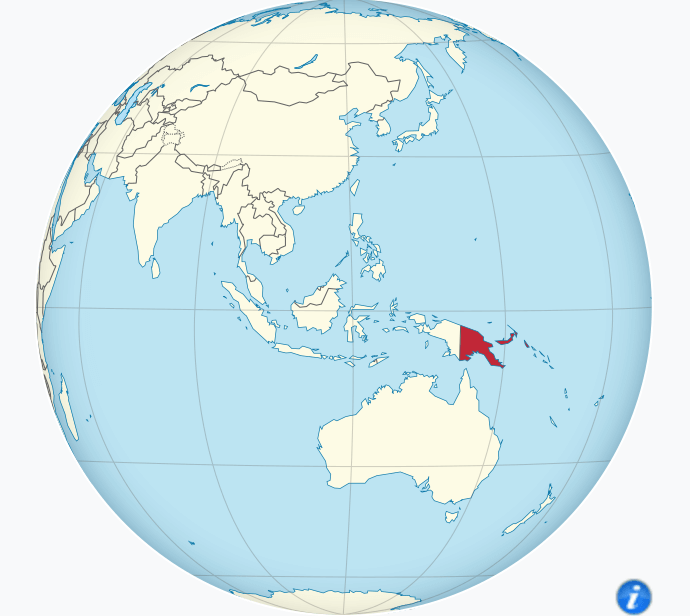
In 1884 this part of New Britain was "taken possession of" by the German Empire and renamed New Pomerania. In 1902, Tabu was banned from trading with Europeans by the German colonial government "to make the natives feel that if they wanted to buy something from Europeans, they first had to earn money by working properly."
In 1884 this part of New Britain was "taken possession of" by the German Empire and renamed New Pomerania. In 1902, Tabu was banned from trading with Europeans by the German colonial government "to make the natives feel that if they wanted to buy something from Europeans, they first had to earn money by working properly."
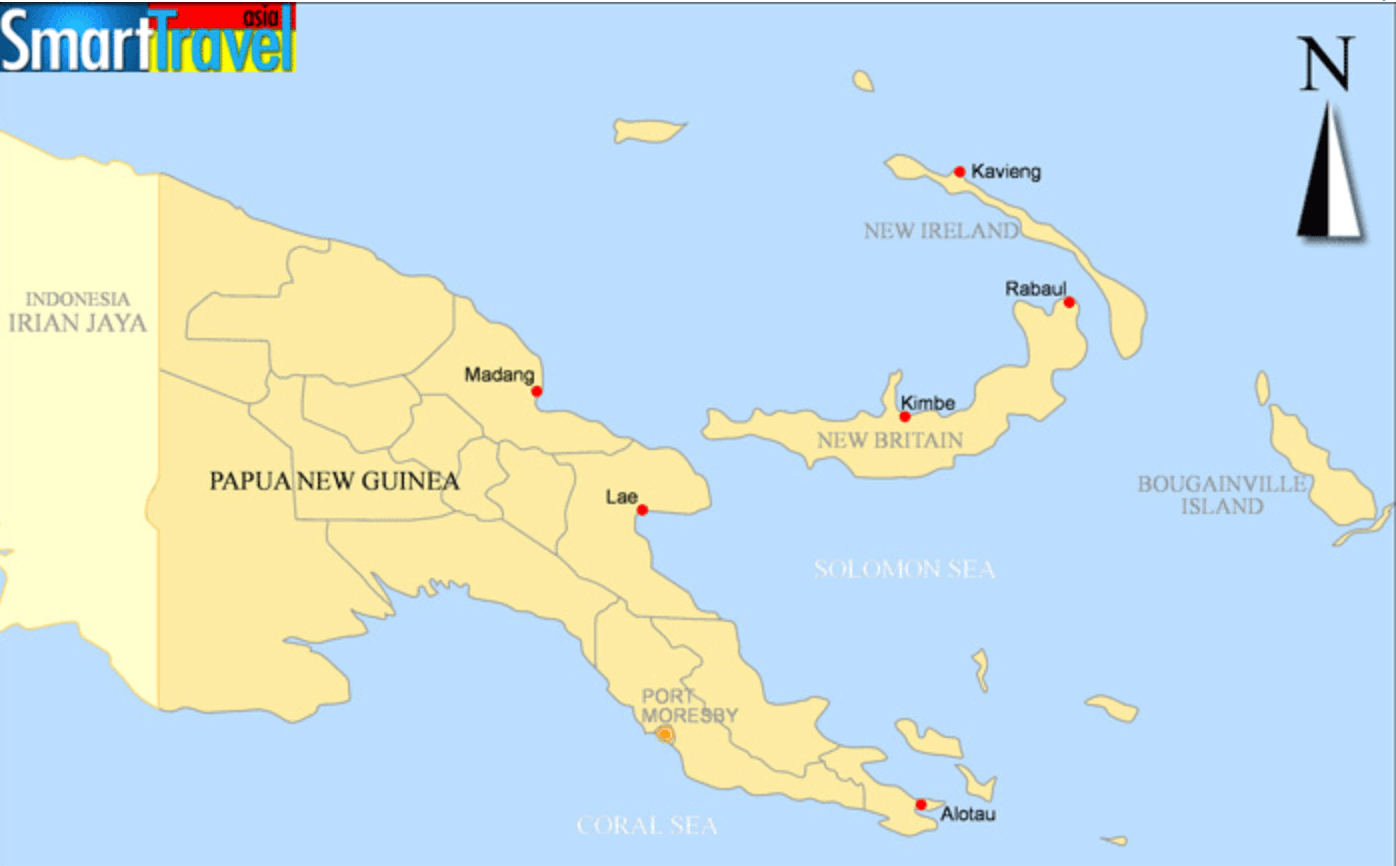
After World War I, the territory came under Australian rule through a League of Nations mandate. After a checkered history, especially during World War II, Papua New Guinea, which today includes New Britain, became independent in 1975.
After World War I, the territory came under Australian rule through a League of Nations mandate. After a checkered history, especially during World War II, Papua New Guinea, which today includes New Britain, became independent in 1975.
Villagers refer to the new big men, characterized by money potency, as Big Shots. The term is a reference to Big Man, who used to excel in traditional knowledge and distribution of taboo. They had invested time and effort to gain prestige at the village level. The purchase of taboo alone was not enough.
Today, many move away from their village to avoid the gift and barter transactions. Young men today buy nets from the store and lay them out on their own instead of managing nets and catch together. They escape the bonds of the older men by raising the bridal offering for their marriage themselves, exchanging kina for tabu.
Here we see the liberating effect of our modern money, which is particularly attractive to young people. At the same time, we see what it means for the community when traditional means of payment become money in the modern sense. Today, when we lament the isolation of the individual in our Western societies, it is worth taking a closer look at the use of traditional money.
Swiss photographer Claudio Sieber has traveled the area and now lives in the Philippines. According to him:
"For many youngsters, these circumstances make for a challenging choice. Labor as a self-taught artisan aka huntsman or an educated clerk? Participate in a barter or a cash economy? Believe in the ancestral tales or the ones broadcasted on TV and social media? Eventually, the sum of decisions of the remaining indigenous peoples will determine if humanity will evolve into an industrial monoculture, or (less likely) sustain individual traditions."
Claudio Sieber's website shows many photographic impressions of the people in Tolai and how they deal with the taboo money. Click here for the photo series.
Tabu is Life - the importance of shell money

In everyday life almost every good and service can be bought for Kina and Tabu.
In everyday life almost every good and service can be bought for Kina and Tabu.
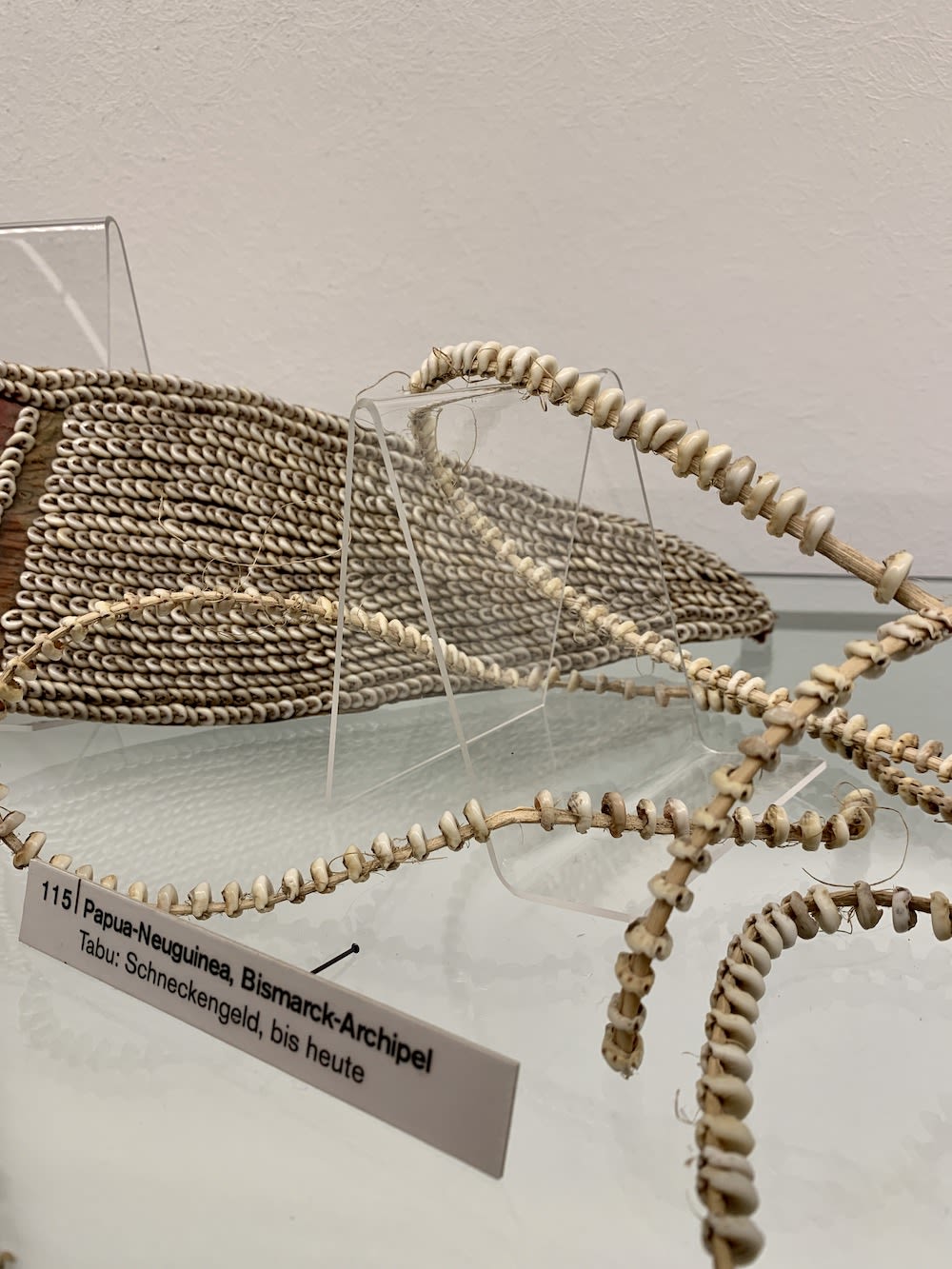
Today, many move away from their village to escape the gift and barter transactions.
Today, many move away from their village to escape the gift and barter transactions.
Shell money follows cultural laws.
Tabu supply is not dependent on anything, there are still many harvesting grounds. The difficulty of collecting and processing the nassa shells prevents the devaluation of the tabu shell money.
Culture plays a very special role.
It strengthens marriage, for example. In some Tolaj villages, the official currency, kina, is hardly used anymore. There is a great demand for Tabu. This is because many people still survive with little "real money" by tending their gardens and living self-sufficiently.